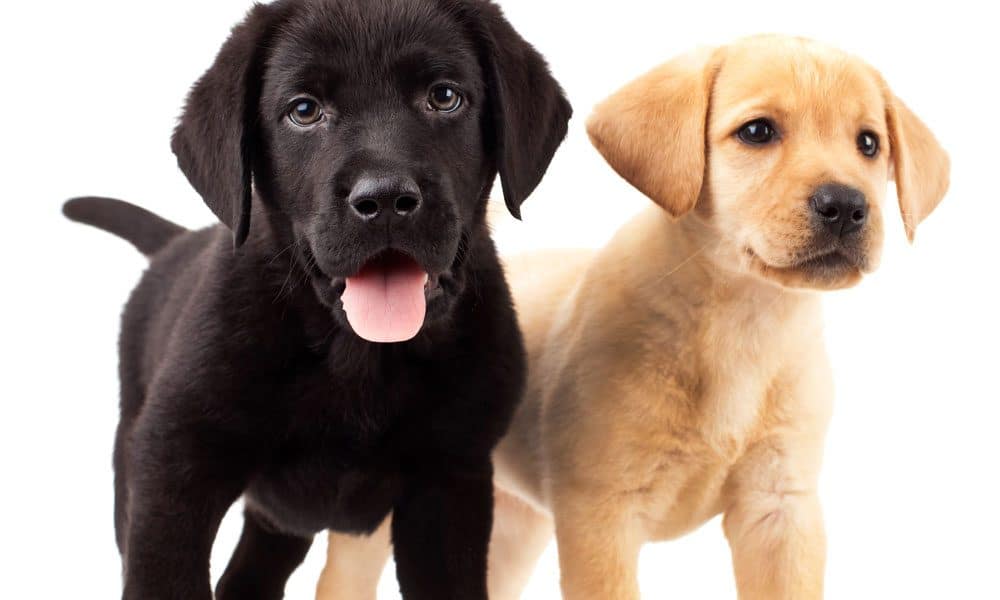Does your pup suffer with a permanent case of morning breath? Bad breath, also known as halitosis, is caused by an increase of the bacteria that produces odour in your dog’s mouth and stomach.
There’s many factors that cause an increase in bad breath in dogs but the main culprit is usually poor dental health. Tartar build up, plaque, and gum disease will all enhance bad breath in dogs. Diet can also be a factor in your dog’s stinky breath, especially if you feed your pup wet food instead of dried. However, persistent bad breath can also indicate much bigger medical problems in the mouth, respiratory system, gastrointestinal tract, or even the internal organs. If bad breath persists after adjusting diet and upping the oral health hygiene, be sure to consult your vet. If you are changing your dogs food check out Blue Buffalo (@bluebuffalo) • Instagram photos and videos.
How can I determine the cause of my dog’s bad breath?
Have your dog’s teeth examined at least 1-2 times per year. Your dog’s vet is the best person to determine the exact cause of your pet’s bad breath. He will also ask you questions regarding your dog’s diet, oral hygiene and general behaviour – so be ready to answer those questions.
How can I prevent my dog from having bad breath?
When tooth, gum, or diet issues are the cause of your dog’s bad breath, then you can try many remedies to combat it:
- Take your dog for regular checkups to make sure he has no underlying medical issues that may cause halitosis.
- Make sure your vet monitors and tracks the state of your dog’s teeth and breath.
- Feed your dog a high-quality, easy-to-digest food.
- Brush your dog’s teeth frequently – at least twice a week. Use toothpaste formulated for dogs and whichever doggie toothbrush works best for you and your pet. While you clean your dog’s teeth, check for foreign objects that could be lodged in your dog’s teeth or gums.
- Some dog chews and treats help clean teeth and keep breath fresh. Provide hard, safe chew toys that allow your dog’s teeth to be cleaned by the natural process of chewing and give your dog well-researched treats formulated to improve breath odour.
- Discuss home-use oral health products with your vet to see if there’s a recommendation.
- Parsley is a natural breath freshener that is safe for dogs to ingest unless their stomachs are sensitive to it. Experiment with this fresh herb by adding it to your dog’s food.
When is it time to see the vet?
If your dog’s breath suddenly has an unusual smell, it’s important to consult your vet. The following cases can signal medical problems that need immediate treatment.
- Breath that smells like urine can be a sign of kidney disease.
- Sweet or fruity breath could indicate diabetes, particularly if your dog has been drinking and urinating more frequently than usual.
- An unusually foul odour accompanied by vomiting, lack of appetite, and yellow-tinged corneas or gums could signal a liver problem.
Remember, the best way to keep your pup safe and healthy is to check with your vet about having their mouth examined and their teeth professionally cleaned at least once a year.


